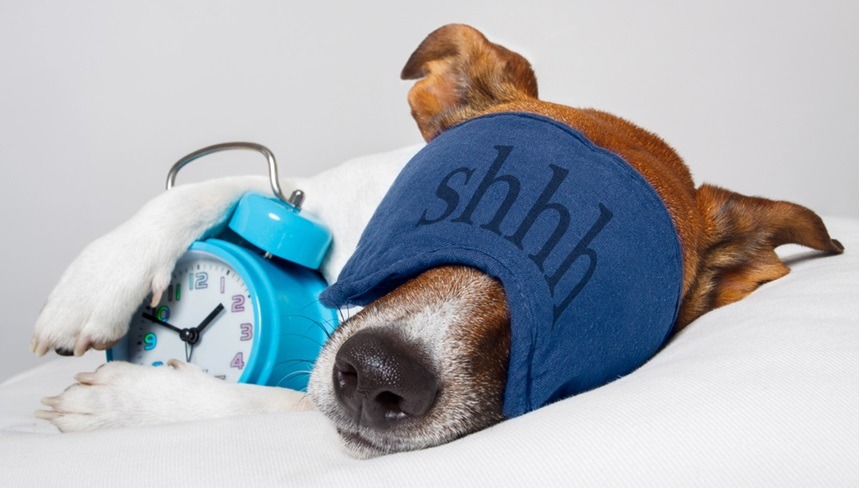News flash. Did you know there’s a four-day conference dedicated to all things sleep? Me either, but there is one, and it took place last week in Houston.
Appropriately named SLEEP, the conference is the annual meeting of the Associated Professional Sleep Societies, a joint venture of the American Academy of Sleep Medicine and the Sleep Research Society. Designed for doctors and other health care professionals involved in the diagnosis and management of sleep disorders, the conference offered a hefty agenda.
As expected, the agenda was dense with a range of clinical focused items, that while interesting, could be quite heady for mattress-shopping consumers that grace a sleep or home furnishings store. However, there were a number of interesting items, including screen time and the impact it has on sleep from the National Sleep Foundation; sleep and neurocognitive health in aging adults; advances in technology, such as wearables that track sleep; and sleep and adolescents.
One of the studies presented during the conference looked at the correlation between lack of sleep and loneliness. The results determined that better sleep health is associated with lower levels of loneliness. According to the research, better sleep health was associated with lower total and emotional loneliness across ages; however, the association was strongest in young adults.
Joseph Dzierzewski, vice president of research at the National Sleep Foundation, was the lead author and investigator in the study. Dzierzewski also took part in last month’s 2024 Bedding Conference.
The study involved 2,297 adults with a mean age of 44 years; 51% were male. Participants completed an online sleep health questionnaire and loneliness scale, and researchers analyzed the results.
From the study, Dzierzewski said efforts to improve sleep health could likely have a beneficial impact on loneliness in young people.
Other studies presented during the SLEEP event included four new research studies conducted by Sleep Number through its Smart Sleeper Panel, a group of more than 468,000 consumers that sleep on the company’s mattresses. The studies examined the relationship between snoring and sleep apnea; the impact of sleep regularity and sleep duration on daytime sleepiness; and whether or not there is an association between snoring and poor sleep quality.
Here’s a look at what the studies found:
- A “significant” number of people with sleep apnea snore. It also indicated that detailed sleep data can assist in identifying the risk of apnea “more accurately” among those snorers.
- Looking at maintaining a regular sleep schedule offered insight into how straying from a schedule could impact sleep disorders and daytime sleepiness. The study showed a significant link between daytime sleepiness and untreated sleep disorders.
- Does snoring cause lower sleep quality? Of course! The study showed that those who snore have slightly worse sleep quality than those who don’t snore.
All of these studies — and others — are popping up in the media for consumers to study, digest and act upon. Be knowledgeable when they walk into your store looking for solutions on creating a better sleep environment.
No one is suggesting that you become a sleep expert or sleep doctor — that takes years — however, being able to have a conversation about current sleep topics demonstrates to consumers that your store is well-versed in the topic.
